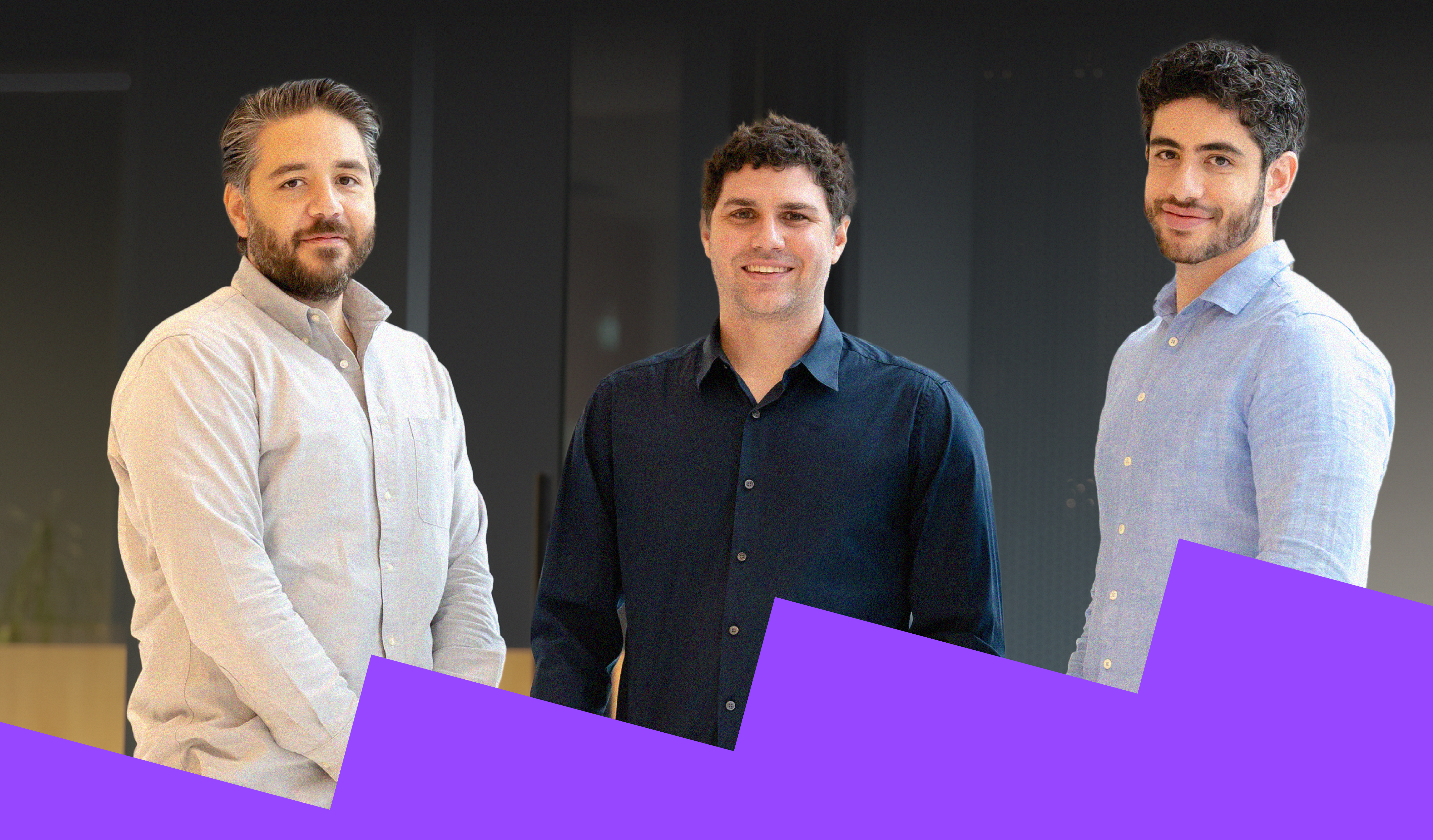By Ayman Kattan – Chief People Officer – Bayzat
In recent years, to say “times have changed” would be to invite accusations of understatement. In 2020, we saw massive overhaul of entire economies and industries around the world to absorb the operational shock of COVID lockdowns. Cloud adoption soared, with the global market expected to be within reach of a trillion dollars (US$947 billion) by 2026.
In the UAE, by one estimate, the public cloud services market alone grew by more than 40% in 2020, compared with the previous year, to reach US$645 million. Hyperscale providers such as Microsoft, IBM and Oracle already have cloud regions in the country and last year AWS announced it is building a new data centre that is due to open in the next few months.
These projections and investments are hardly surprising. Pre COVID, the business case for cloud was established: fast, cheap IT that was elastic enough to fit the growing (or shrinking) needs of a business. The HR function, which has taken on new significance since the arrival of the pandemic, can lean heavily on cloud platforms to deliver a range of new experiences for the talent they are trying to attract and retain.
Admin strain
Let’s start with the obvious. Core, manual tasks such as the processing of leave requests and expenses, and even the list of subtasks associated with onboarding a new employee, can be centralised, streamlined, and in many cases automated by cloud platforms. The business benefits are clear. HR teams reclaim valuable time that can be used to innovate towards better employee experiences.
It is worth noting that these CX improvements extend to the HR teams themselves. They can easily work securely from anywhere while searching for this digital document or that and helping this employee with a leave request while supporting that one with helpful advice on health benefits.
It is easy to see how much value is added through this operating model. Employee engagement is critical to UAE companies as they look to the post-COVID recovery era. Solutions to all kinds of HR challenges can be found in the cloud.
Health matters
Health insurance is a notoriously difficult area for HR teams, as they try to synchronise cost considerations with the evolving needs of staff. Given the relative ease with which employees can now offer their labour (because of the potential globalisation of talent markets made possible by remote work), businesses must compete with others around the world. Since employees put health insurance at the top of their agenda, it must consequently be at the top of employers’ agendas.
Cloud platforms grant access to a marketplace of other platforms and tools that are tailormade for solving such a challenge. Real-time data insights, garnered from business intelligence solutions, will provide businesses with information on how employees are using policies. This allows HR teams to collaborate with brokers and insurers to build benefits packages that fit behavioural trends.
The cloud is also a productivity boon because policy renewals, claims admin and the addition of new members to group coverage can all be automated. Cloud-native HR platforms even introduce an element of self-service for employees – something that research tells us is very important to emerging digital-savvy generations.
Payday groans
The days of manual Excel spreadsheets, widespread human error, and squandered person-hours are dispelled by the cloud. Cloud-based payroll records can be populated and updated by non-HR actors, including other employees and automated processes. And they can be accessed by finance managers day and night, from anywhere.
Expense calculations and pay-slip distribution are just two examples of processes that are easily automated in a cloud setting. The result? A fast, efficient, secure payroll that eases the burden on the HR team and improves the experience of all employees.
Pulling the lever
There was once a time when addressing escalating demands from customers and employees meant more work for the business personnel that served them. No longer. The cloud brings new efficiencies and hence new value. Productivity hikes, cost reductions, and business agility are some examples, but there are many more. The cloud brings accuracy and compliance, mitigating human error and monitoring operations for their alignment with regulators. The cloud allows HR software to integrate with other platforms, making adaptation easier. And the cloud is more secure than on-premises environments, given the resources that hyper-providers can deploy to defend digital perimeters.
But perhaps the most exciting addition the cloud brings to an enterprise’s capabilities is the capacity to innovate. New tools are more readily available in the cloud, allowing organisations to build better working experiences for their employees, enhancing retention rates, and allowing the business to keep pace with its competitors.
Falling behind in the cloud race now simply means “falling behind”. But with the right partner – one that is forward-thinking, tech-obsessed, and customer-focused – the region’s enterprises can leverage the cloud the way it was meant to be leveraged. Not every pull on the lever will deliver the desired results. Effective cloud partners, whether they are delivering IaaS, SaaS, PaaS, or some other service, will not throw technology at a problem and expect it to stick. They will diligently address business pain points and map a path to impactful transformation. They will treat the journey as continuous and add value in the same fashion, both through knowledge of technology and through expertise of the customer’s operating market.
With all these elements in place, the indispensable cloud can finally work its wonders, delivering value to HR and the employees it serves – employees made loyal by peerless experiences.








Get Social